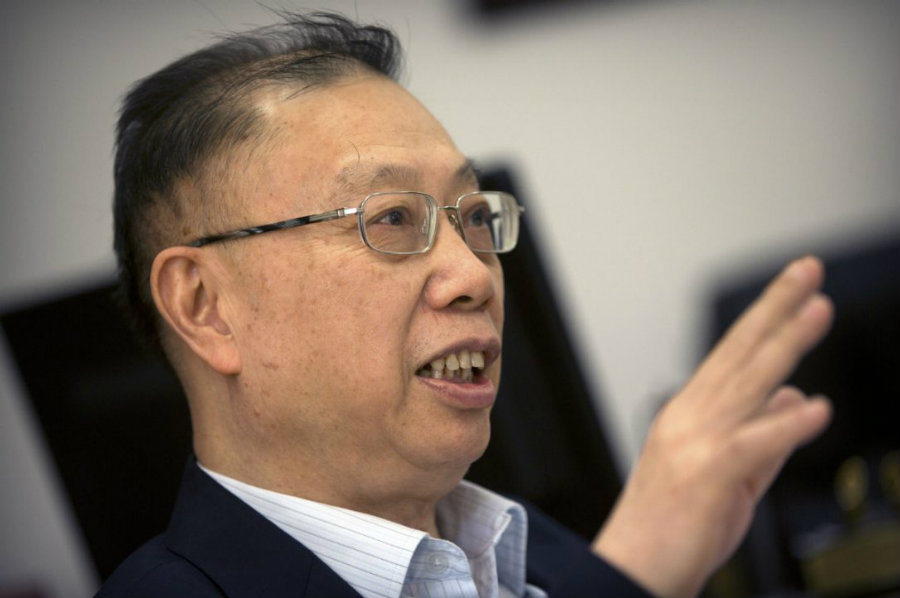During a conference on organ trafficking held in the Vatican, China’s former vice health minister Dr. Huang Jiefu assured that China was “mending its ways” after it ceased to harvest prisoner’s organs in 2015.
His claims were questioned due to the reduced data he provided, as he showed only two slides showing the rates of living and deceased donors in the past few years, and how China has put programs into action to reduce the organ trafficking black market.

Huang Jiefu had acknowledged back in 2005 that China harvested the organs of inmates, and revealed that 9 out of 10 transplant surgeries performed in China that used organs from dead people came from executed prisoners.
China reluctant to give up organ trade
Reportedly, Jiefu was the primary advocate to stop the program and assured the international medical community that the nation would put an end to it by 2015, although many still doubt whether the compromise is being met.
China proposes having the World Health Organization (WHO) forming a task force to dismantle the organ black market, while medical officials from other countries instead suggest allowing the WHO enact surprise inspections and interview donor relatives to see whether the donation was lawfully performed. This proposal was put on the table by Dr. Jacob Lavee from Israel, and Dr. Gabriel Danilovitch, from UCLA Medical Center. The latter dared the Chinese delegation to assert if they would keep using prisoner or not.

On the other hand, Doctors Against Forced Organ Harvesting (DAFOH) stated on Tuesday that there is no evidence that forced organ harvesting has ended in China. Huang Jiefu responded by saying that the government intends on punishing violators, assuring that dozens of arrests have taken place and at least 18 clandestine medical offices have been shut down.
“China’s transplantation reform has been an arduous journey. As long as we move ahead, China will be the largest country for organ transplants in an undisputed ethical way in a few years,” stated Dr. Huang.
But DAFOH insisted on the need for China to provide enough evidence to support its claim of reducing its “cruel and illegal practice of forcibly harvesting organs.”
According to the UN, the most traded organs are kidneys and livers. There are three categories of organ trade. The first has traffickers forcing victims into giving up an organ. The second category has the victim agreeing to sell the organ or are cheated after the process takes place. The third category has migrant workers, homeless, and underserved people treated for an unexisting condition and get their organs forcibly removed without approval.
“The WHO estimation is that currently organ transplantation covers only 10 percent of the global need – it’s a high estimation. Unscrupulous individuals and organizations are profiteering from this situation. The stakes are so big, the profit that can be made so huge, that the temptation is out there,” stated Dr. Luc Noel of the WHO in a bulletin published in 2012.
Source: Reuters
